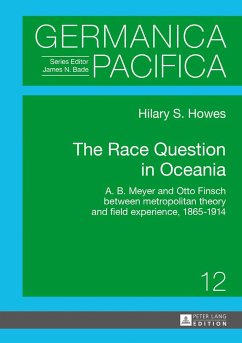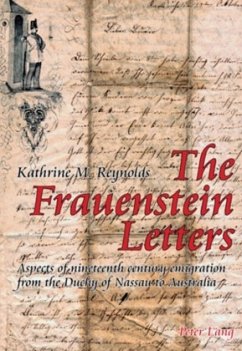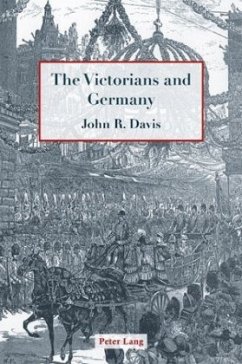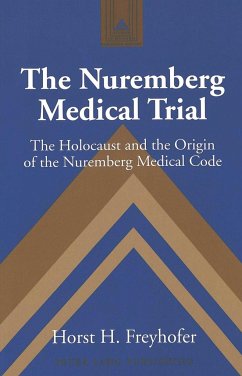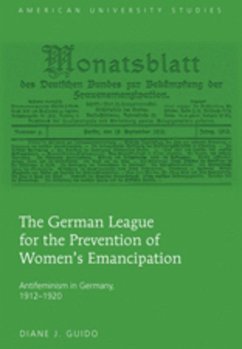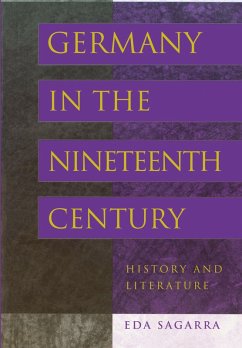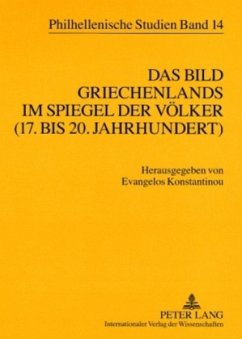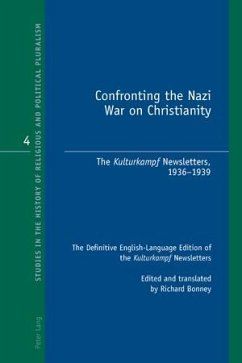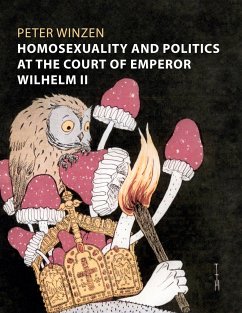
Homosexuality and Politics at the Court of Emperor Wilhelm II

PAYBACK Punkte
0 °P sammeln!
Were the fates of the Wilhelmine Empire determined, at least at times, by a court camarilla, as contemporary publicists and even statesmen who bore responsibility at the time suspected? How far did Emperor Wilhelm II's influencing by the men in his immediate environment really go? Did homoeroticism also play a central role? In his carefully researched study the author explores these questions, which are usually ignored by historians, on the basis of extensive archival sources and sometimes arrives at surprising results.





